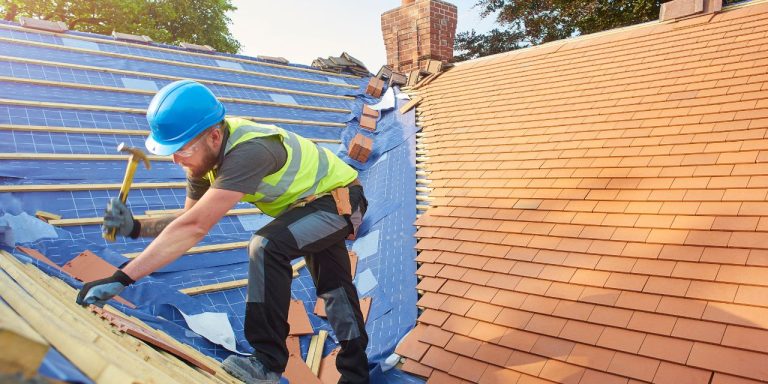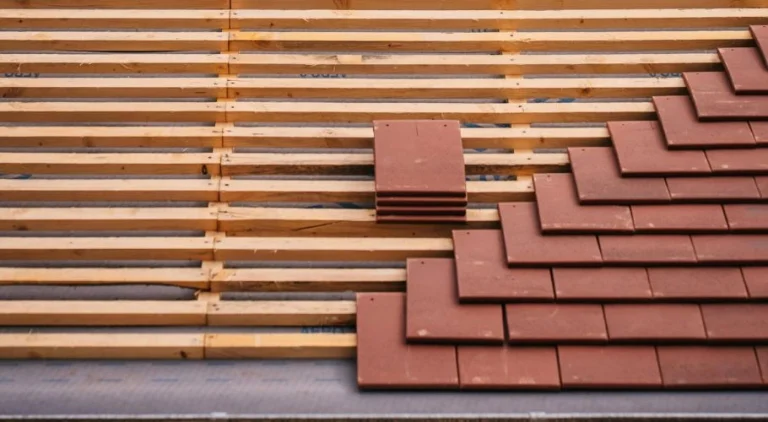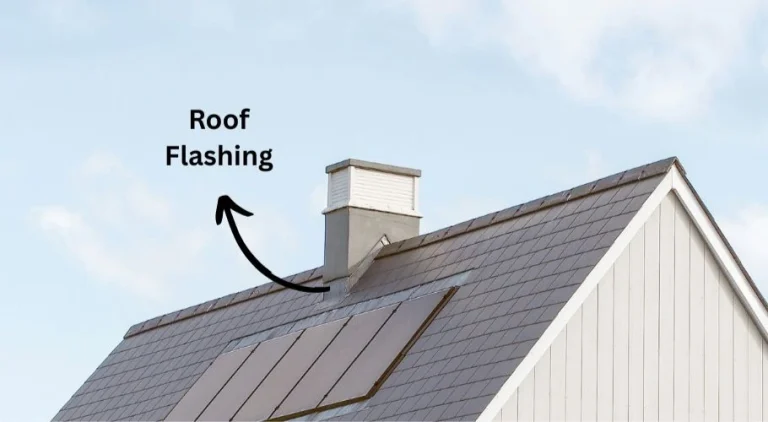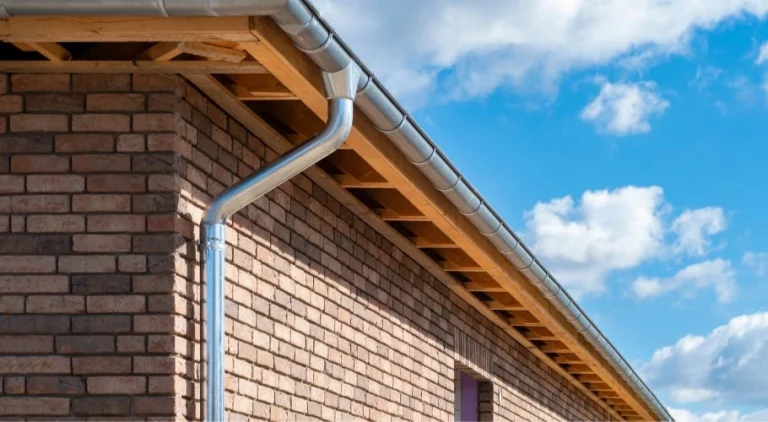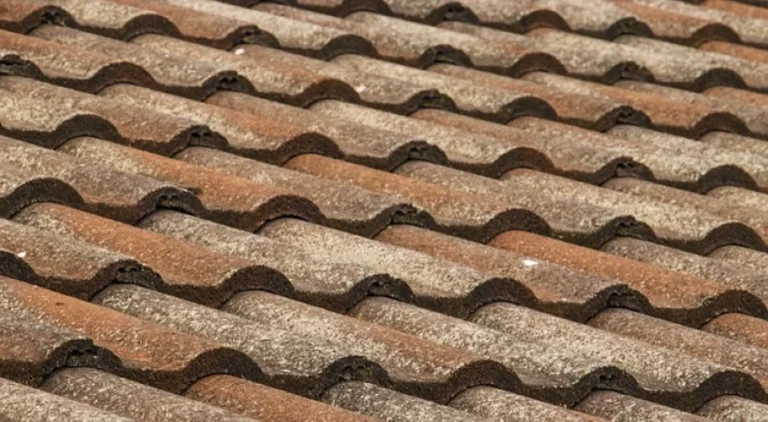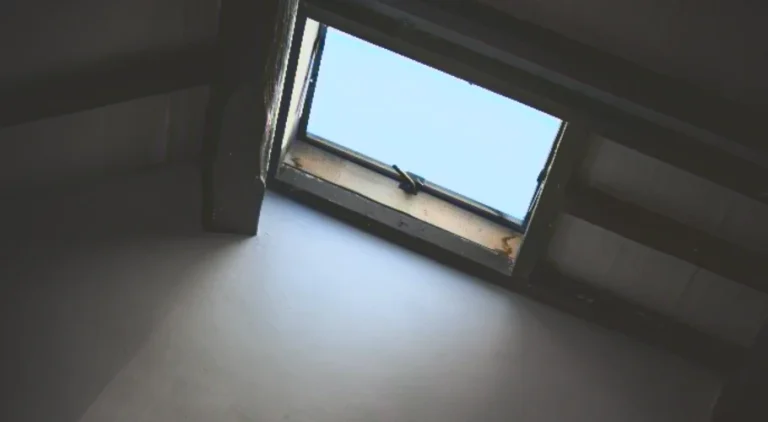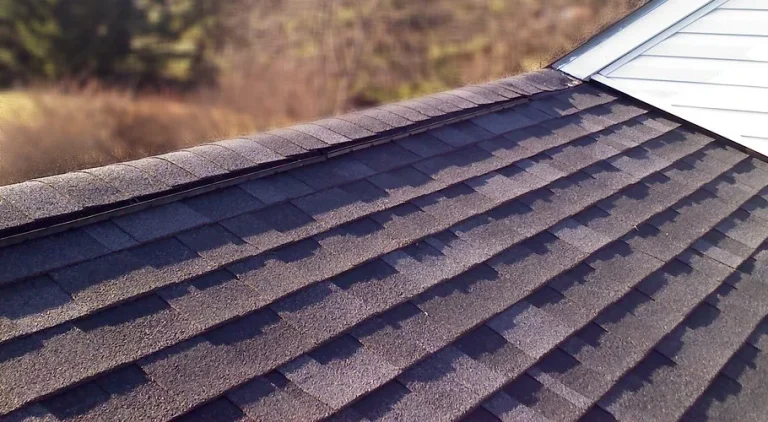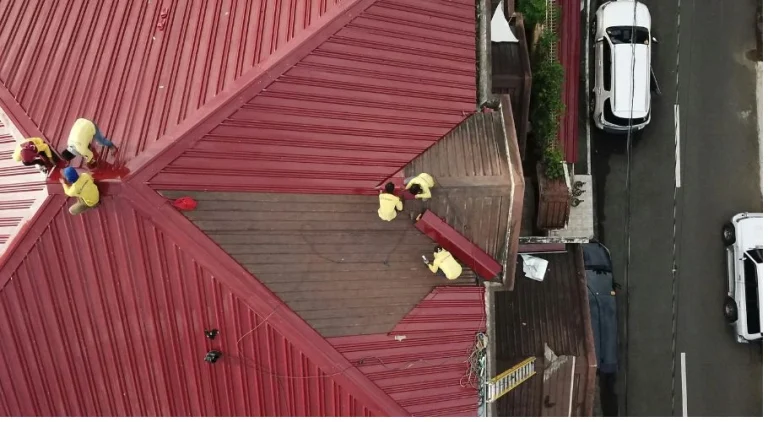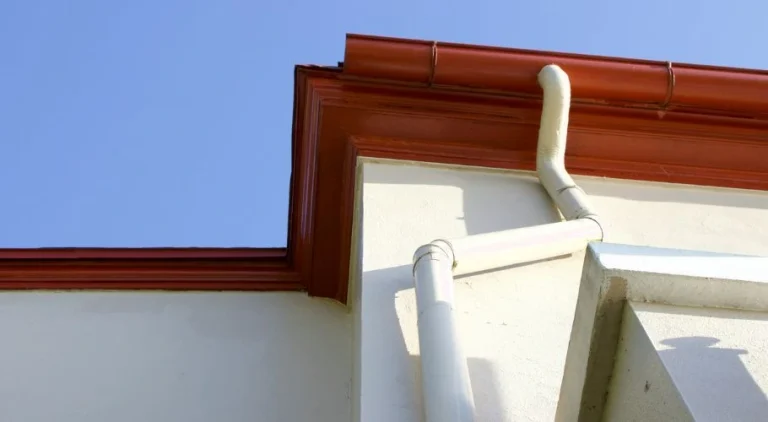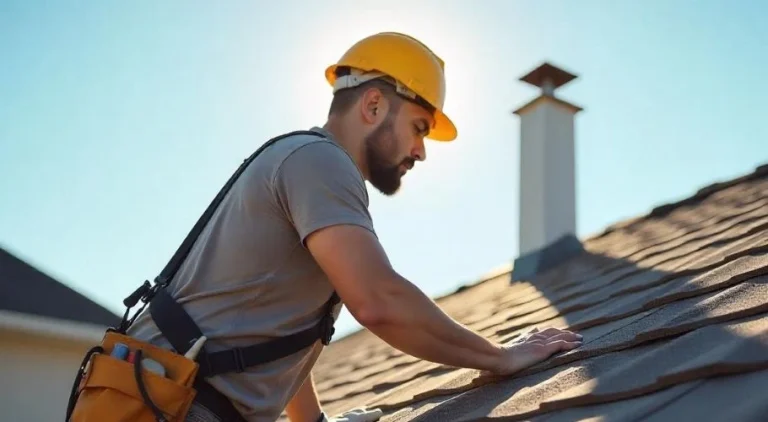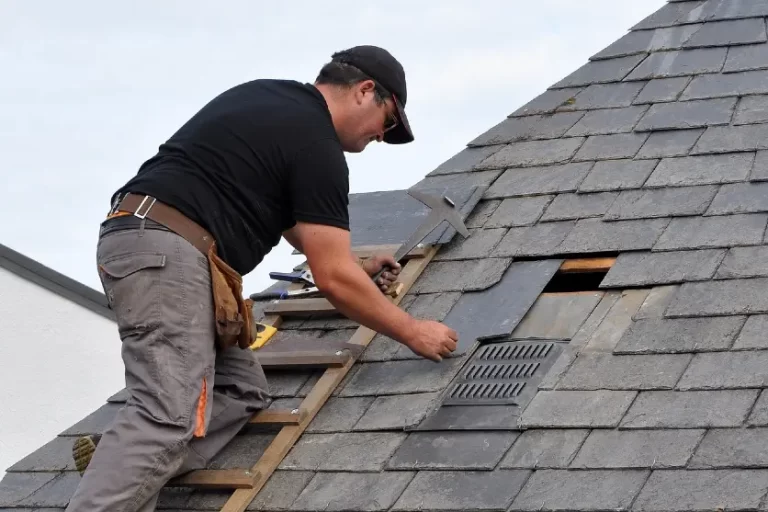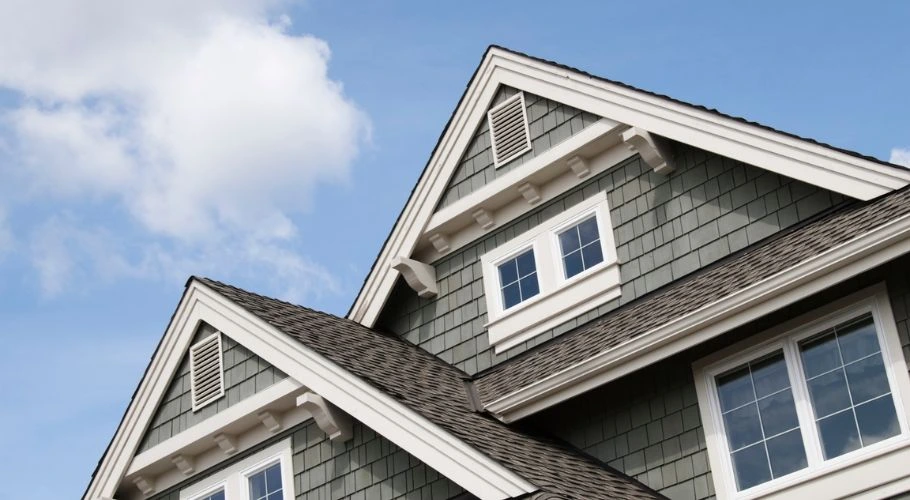
Understanding Warranties: What’s Covered in Roofing Contracts
When investing in a new roof, you’re not just buying materials and labor; you’re buying confidence that your roof will last for decades. A roof is one of the most significant investments a homeowner can make, and it needs protection. That’s where roofing warranties come in. A reliable roofing contractor will back their work with a workmanship warranty, while top roofing manufacturers stand by their materials with long-term guarantees. Combined, these warranties guarantee your roof can handle the unpredictable Oklahoma weather and remain in great shape for years to come.
Choosing a contractor who offers strong warranties is key. High-quality roofing materials often come with lifetime coverage or prorated periods that extend anywhere from 20 to 50 years. Meanwhile, a trustworthy workmanship warranty should last at least 10 years, if not longer. This combination protects your home against installation mistakes and material defects, two issues that can quickly lead to costly repairs if left unchecked.
Understanding roofing warranties and their coverage will help you make informed decisions and guarantee your roof’s long-term performance, often 25 years or more under normal conditions. By partnering with a reputable contractor who offers clear warranty terms, you’re giving your home the best chance to stay safe and secure no matter what the weather brings.
Why Do Roofing Warranties Matter?
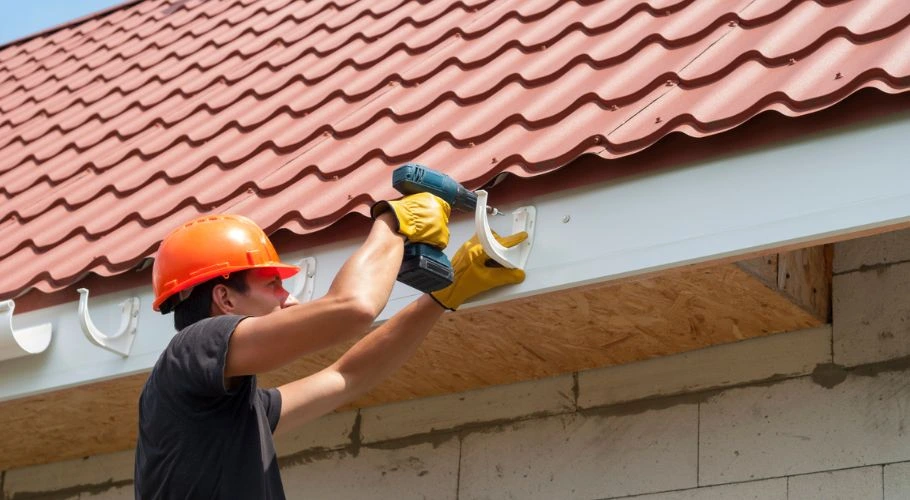
A new roof is one of the biggest investments a homeowner can make, so you want that investment to be protected. Warranties safeguard you from unexpected issues that may arise, such as material defects or installation errors. When problems occur, a solid warranty can save you significant money and stress.
In short, warranties are your safety net, but not all are created equal. Understanding roofing material vs. workmanship coverage and contractor warranties is crucial when comparing options.
What is a Standard Roofing Warranty?
A standard roofing warranty generally covers two main areas:
Roofing Materials: Issues caused by defective materials.
Workmanship: Problems resulting from improper installation or errors by the roofing contractor.
These warranties are usually separate, but together they offer comprehensive protection. However, the terms and coverage can vary widely depending on the contractor and roofing material manufacturer. Warranty comparisons of common roofing options can help you decide what’s best for your needs.
What is a Roofing Material Warranty?
A material warranty (sometimes called a manufacturer’s warranty) covers defects in the roofing products themselves. If shingles, underlayment, or other materials fail due to manufacturing flaws, this warranty will cover the cost of repairs or replacements.
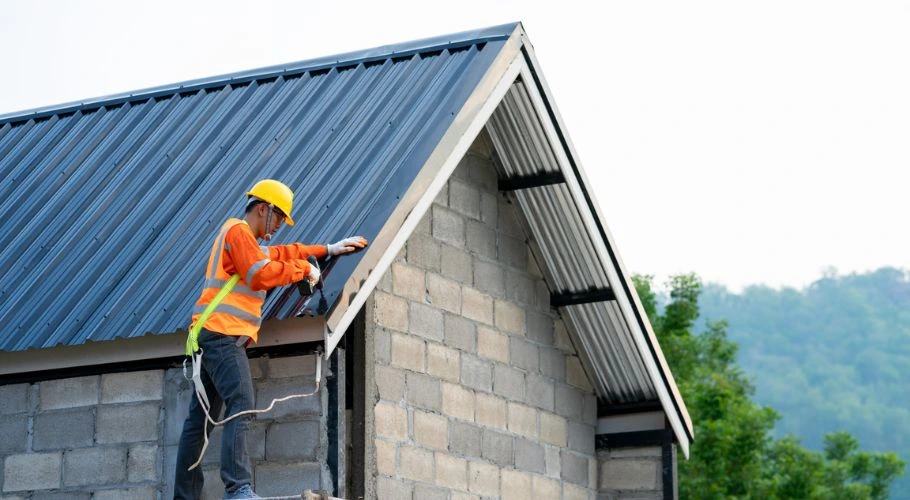
Typical Coverage: Lifetime coverage or prorated periods ranging from 20 to 50 years, depending on the material.
Example: Many asphalt shingle warranties offer 30 years of coverage, but higher-end products may go up to 50 years.
It’s important to note that material warranties only cover the products, not the labor to repair or replace them. This is where a workmanship warranty becomes critical.
What is a Roofing Workmanship Warranty?
A roofing contractor’s workmanship warranty is offered by your roofing contractor and covers errors made during installation. Even the highest-quality materials can fail if they’re not installed correctly, which is why this warranty is so important.
Typical Coverage: 10 years, though some reputable contractors offer extended warranties up to 20 or more years.
What It Covers: Leaks, damage, or performance issues caused by improper installation.
Understanding what a roofing workmanship warranty covers particularly is essential when comparing different contractors. Working with a reputable roofing contractor guarantees the longevity of your roof.
Roofing Material vs. Workmanship: What’s the Difference?
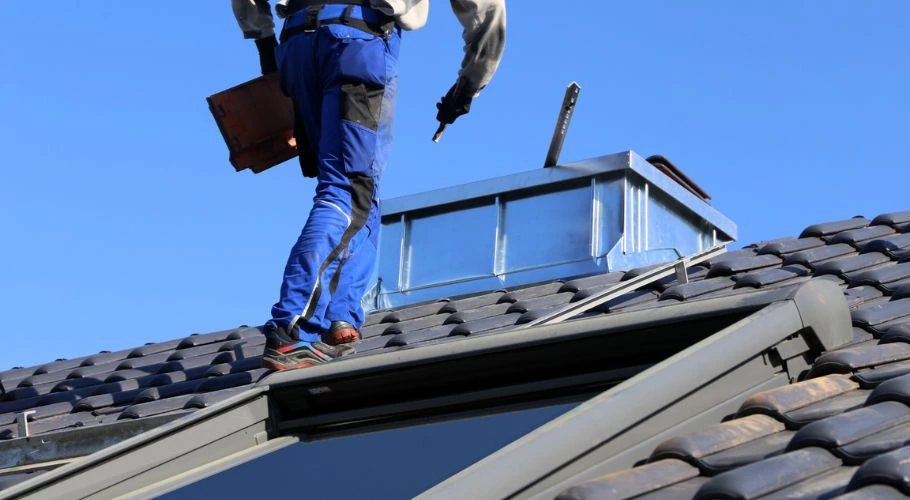
Material Warranty: Covers defects in the shingles, underlayment, or other roofing components.
Workmanship Warranty: Covers errors during installation that cause your roof to fail.
When reviewing roofing warranties, make sure you understand how both work together for total protection.
What is the Best Roofing Warranty?
The best roofing warranty combines robust material and workmanship coverage. Reputable roofing contractors often partner with top manufacturers to offer extended warranties that provide both:
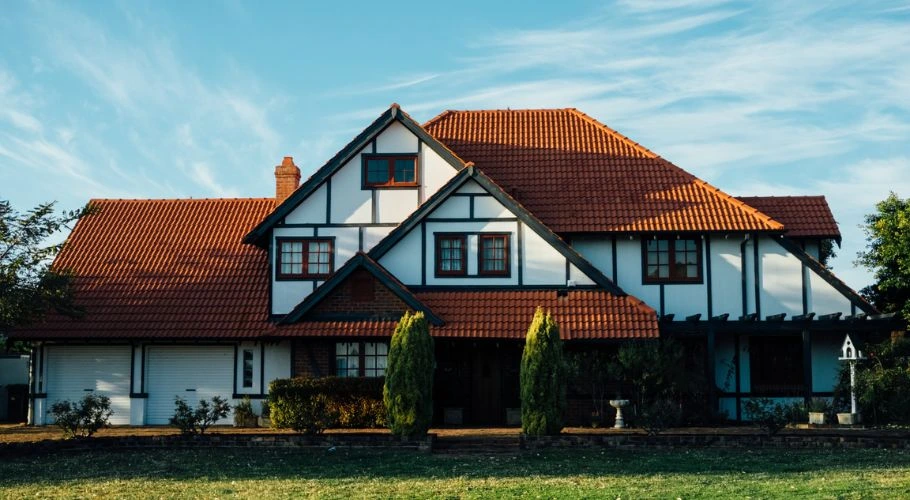
Long-Term Material Coverage: Protecting against manufacturing defects.
Workmanship Guarantees: Assurance of installation quality.
For example, a combination warranty might include 30-year material coverage with a 10- to 20-year workmanship guarantee. Some manufacturers and contractors even offer transferable warranties, which can add value if you decide to sell your home.
Asphalt Shingle Warranties
Asphalt shingles are one of the most popular roofing materials due to their durability and cost-effectiveness. Most asphalt shingle warranties offer 20 to 30 years of coverage, with premium options extending up to 50 years.
Key Things to Look For:
Protection against cracking, curling, and granule loss.
Upgraded warranties for high-wind or impact-resistant shingles.
Your roofing contractor can help you compare roofing warranties and determine which option offers the best long-term performance for your home and climate.
What Roofing Warranties Don’t Cover
While warranties provide valuable protection, they don’t cover everything. Some common exclusions include:
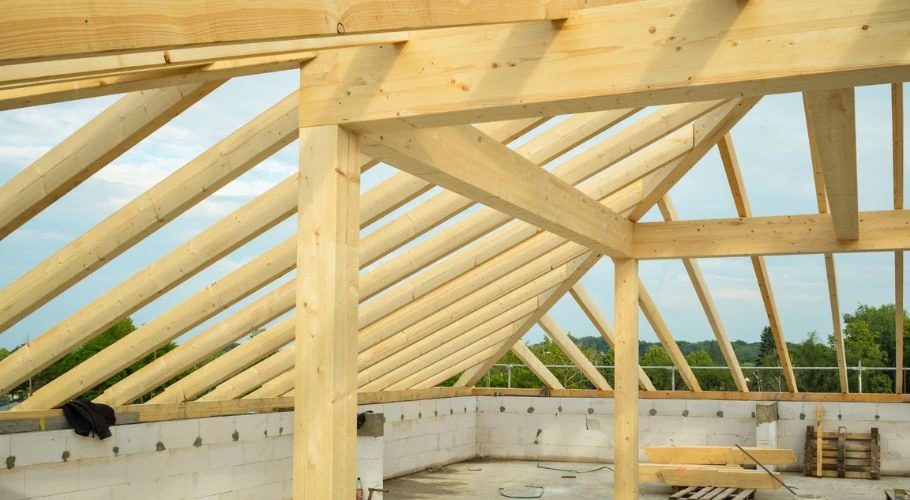
Weather Events: Damage from tornadoes, hail, hurricanes, or other extreme weather.
Neglect or Poor Maintenance: Failing to maintain your roof can void your warranty.
Improper Repairs: Repairs by unqualified contractors may not be covered.
Natural Wear and Tear: Over time, roofs age naturally, which isn’t covered under most warranties.
To avoid unexpected issues, carefully review your warranty terms and work with a professional to keep your roof in top shape.
How to Protect Your Roof Warranty
Your warranty is only as good as the steps you take to protect it. Here’s how you can guarantee it stays valid:
Schedule Regular Roof Inspections
Annual inspections help catch problems early and keep your roof in good condition.
Perform Proper Maintenance
Cleaning gutters, removing debris, and addressing minor issues quickly can prevent bigger problems.
Work With Certified Contractors
Choose a contractor authorized by the manufacturer to install and repair their materials.
Keep Records
Document all inspections, maintenance, and repairs to prove you’ve upheld your end of the warranty agreement.
How do roofing warranties protect my roofing project?
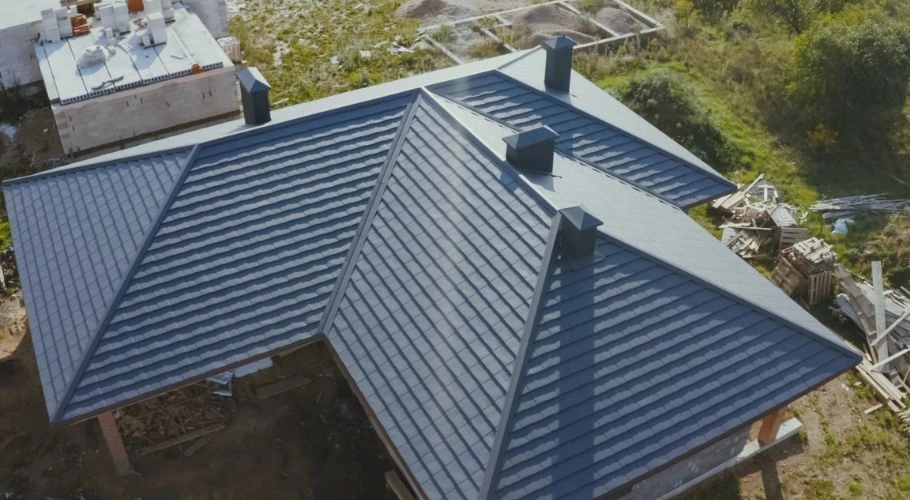
Roofing warranties protect your roofing project by offering coverage for both materials and workmanship. A basic limited lifetime warranty typically covers material defects, making sure that the roofing products perform as promised. However, to safeguard your complete roof system, it’s important to work with a reputable roofing company in OKC, like Robbins Roofing, that also offers a workmanship warranty. Combining these warranties offers protection from unexpected issues and can greatly impact your roof’s long-term performance.
What does a roofing warranty cover, particularly with regards to prorated periods?
A roofing warranty will cover particularly with regards to defects in materials and, depending on the terms, the cost of repairs or replacements. Some warranties include more prorated periods, which means coverage gradually decreases over time.
For example, a basic limited lifetime warranty may fully cover material costs for the first few years, but prorated terms apply as the roof ages. Be sure to clarify these details with your roofing company before starting your project.
Why is choosing a complete roof system important for my roofing warranty?
Opting for a complete roof system ensures that all components—from shingles to underlayment and ventilation—work together seamlessly. This can strengthen the terms of your warranty and improve your roof’s durability.
Many manufacturers require a full system installation for their warranties to apply, especially if you want coverage that roofing warranties protect over time. Working with an experienced roofing company guarantees proper installation, which greatly impacts your roof’s ability to withstand the elements.
Get the Best Warranty by Choosing a Reputable Roofing Contractor
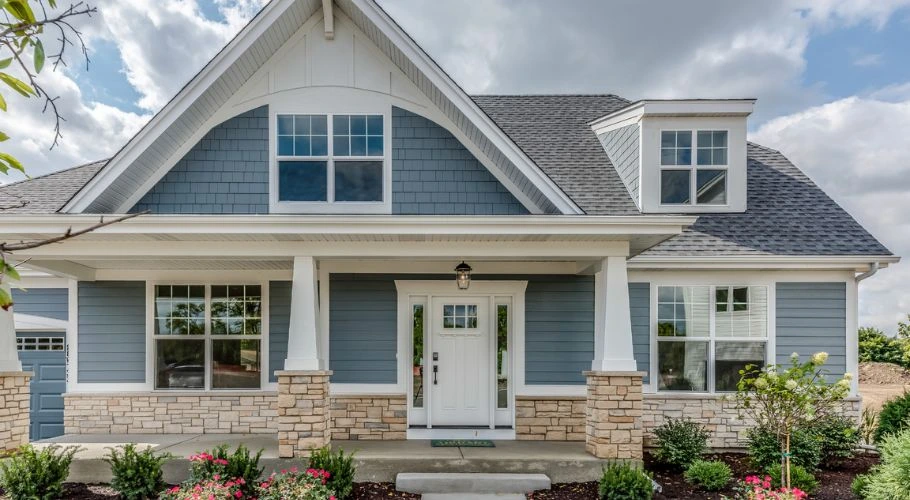
At Robbins Roofing, we know how important it is to protect your home and your investment. That’s why we offer industry-leading workmanship warranties and partner with top manufacturers to bring you the best material coverage available. Whether you’re a homeowner replacing their roof or considering roofing warranties for a new project, we’re here to guide you.
We help you compare common roofing warranties and make sure you understand what’s covered, particularly with regards to both materials and workmanship. Our team of skilled professionals guarantees every roof is installed to the highest standards, so you can trust that your roof will deliver long-term performance.
Don’t leave your roof to chance. Contact Robbins Roofing today to learn more about our contractor warranties and the protection they offer. Let us keep your home covered, no matter what Oklahoma’s unpredictable weather throws your way.
Give us a call at (405) 376-4466 or send an email to office@robbinsroofinginc.com and we’ll get back to you!


